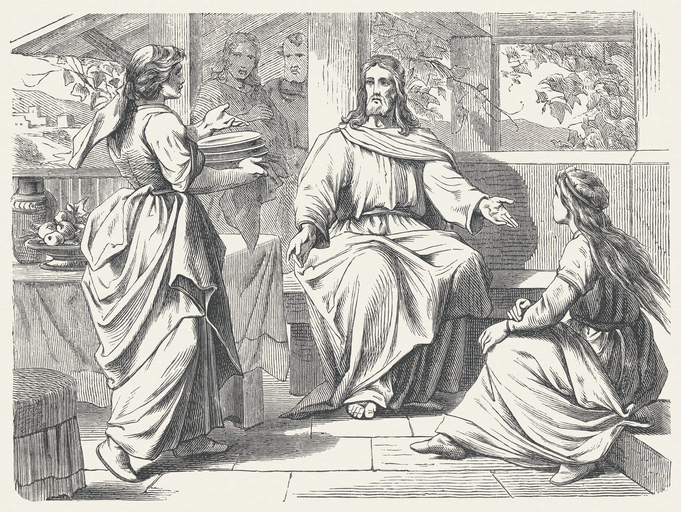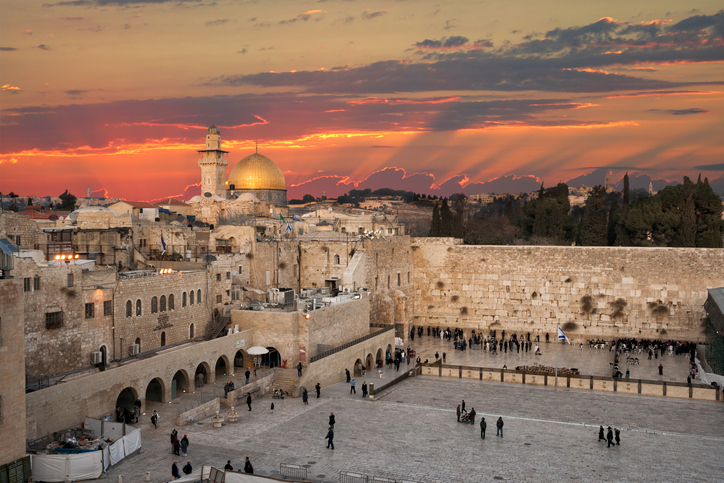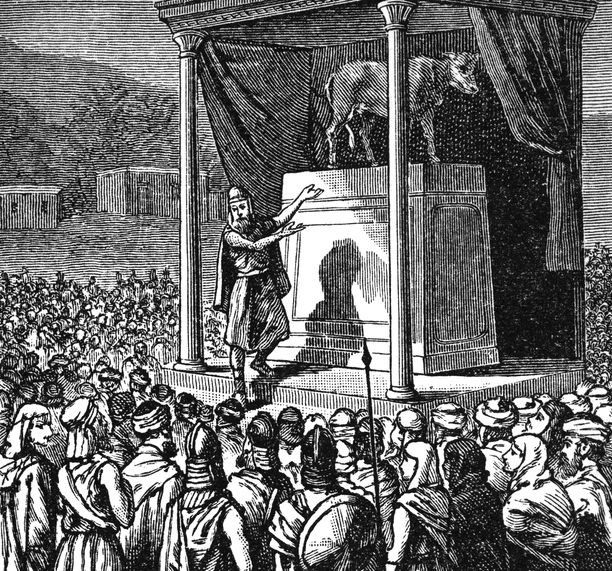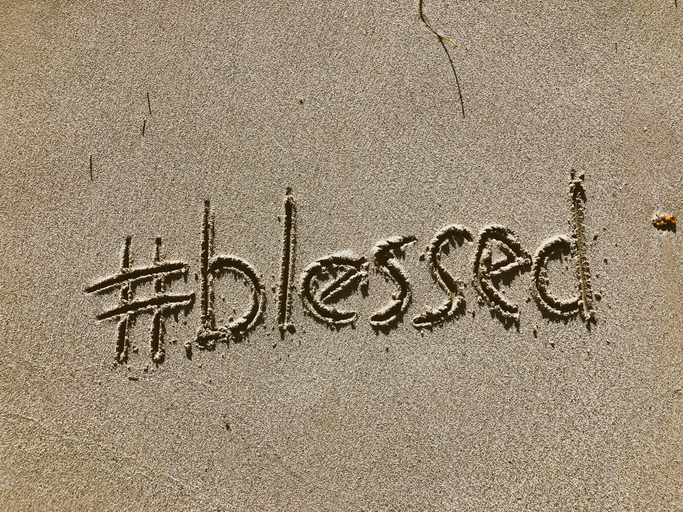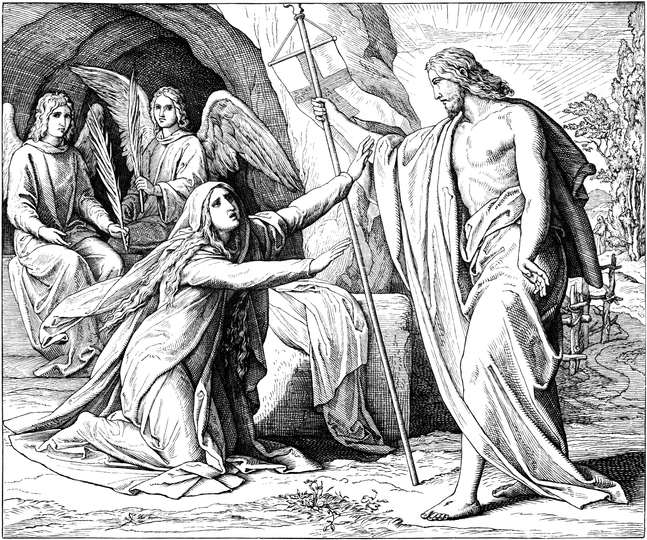The lot marked out for me is my delight. This was a passage from Psalm 16 that was written on a piece of paper given to me in a meeting around the year 1996.
For the past almost twenty-five years, this simple verse of scripture has kept me wondering about the mystery of life, the wonder of choosing one’s stance toward life’s events that can bring both joy and pain.
How can we find delight in situations that have been “marked out for us”?
How can we find our joy in forsaking our own way in order to delight in what we end up with in the seemingly random events that direct the outcome of who we are and what we have in life?
In other words, how can we be happy being the clay, when our frightened grasping selves would be happier, we presume, if we were ourselves were the potter?
The image of the potter and the potter’s wheel appears through scripture, an apt and beautiful expression of God’s faithful, tender, loving action in our lives.
When Jeremiah went down to the potter’s house, what did he see? The ancient potter would scrape the clay from the earth, and throwing it on the ground would trample on it. He would soften the brittle and resistant clay with water and knead it until it softened into a paste. This kneaded clay would be slapped firmly onto the center of his potter’s wheel, which was a flat disk mounted on a rod. By holding the clay as the wheel turned and manipulating it with his fingers and palms, the potter would transform the lump of clay into a vessel, any vessel of his choosing.
We are the clay, not the pot but the clay. In process. Being formed, shaped, reformed, transformed.
If we are the clay under the expert work of the divine Potter, we can be sure that he intends to do something with us and in us. We are beautiful to him. We have a purpose. We have a meaning in life that brings him joy. We are a part of his great plan.
Life’s sorrows and burdens are the trampling that brings forth the tears that soften the clay. Even the moments of pain are part of the process of becoming.
The clay has no idea what the Potter is trying to create. It yields itself completely to the expert and loving kneading of the One who envisions for it the fullness of life.
After the clay has been pushed and prodded and pulled and shaped on the potter’s wheel, it was baked in a kiln, a special furnace that might easily reach 2700°F. Different types of pots require different types of heat. The divine Potter, like any good potter, doesn’t arbitrarily submit the clay pot to a degree of heat that is beyond the endurance of the vessel. No vessel receives more heat than it needs. The most beautiful clay pots require the greatest heat. The most beautiful souls are often those who have suffered the most and have become kind, gentle, and courageously loving in the process.
The divine Potter never gives up on the clay. He is endlessly inventive and creative.
When I think of how solicitously the divine Potter has bent over me as he transforms my life into the beautiful life he has had in mind for me from all eternity, I can absolutely cry out, “The lot marked out for me is my delight.”

Kathryn James Hermes, FSP, is the author of the newly released title: Reclaim Regret: How God Heals Life’s Disappointments, by Pauline Books and Media. An author and spiritual mentor, she offers spiritual accompaniment for the contemporary Christian’s journey towards spiritual growth and inner healing. She is the director of My Sisters, where people can find spiritual accompaniment from the Daughters of St. Paul on their journey.
Website: www.touchingthesunrise.com
Public Facebook Group: https://www.facebook.com/groups/srkathrynhermes/
For monthly spiritual journaling guides, weekly podcasts and over 50 conferences and retreat programs join my Patreon community: https://www.patreon.com/srkathryn.

